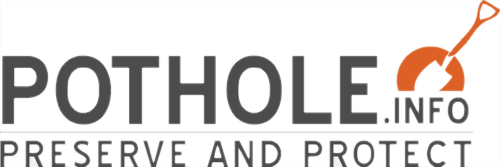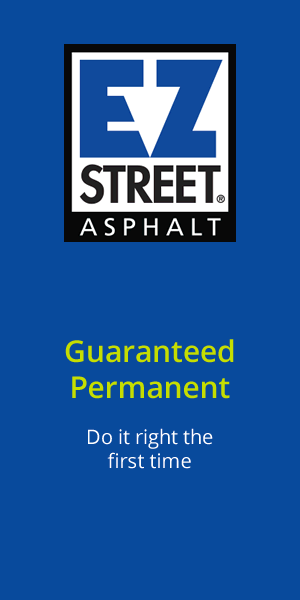Advocates for road repair and other infrastructure funding in Missouri were handed a solid defeat at the polls on August 5, 2014 with the rejection of a voter referendum that proposed to raise the state sales tax, which would provide funds earmarked for highway construction projects. Voted down by a 59-41 percent margin, the tax would have raised $5 billion for transportation projects over ten years.
The Missouri Department of Transportation says maintaining the state roads and bridges cost $485 million each year, but that by the year 2017 the current revenue stream would fall $150 million short of that, due in part to declining revenues from the state gas taxes. Greater fuel efficiencies in cars and trucks are cutting tax receipts to states and the federal government, leading to deficits on in both state and federal budgets at a time when 50+ year-old roads are deteriorating from age and lack of maintenance.
The bill would have raised sales taxes on all purchases by three-quarters of a percent (except on food and medicine). Missouri ranks in the middle of the 50 states in combined state and average local sales tax rates, at 7.58%, according to the Tax Foundation’s 2014 survey. States with the highest rates are Tennessee (9.45%), Arkansas (9.19%), Louisiana (8.89%), Washington state (8.88%) and Oklahoma (8.72%) – several of which border the Show Me state. Only Montana, Oregon, Delaware and New Hampshire have no local or state sales taxes. Separating out local sales taxes, the state sales tax is 4.225 cents per dollar spent.
As far as the state of Missouri’s roads, the American Road & Transportation Builders Association’s analysis of Federal Highway Administration data shows that 23.2% of state highways need resurfacing or reconstruction. Missouri also has one of the highest numbers of bridges (6,633) that are structurally deficient or functionally obsolete (27.2% of all state-maintained bridges).
Critics of Missouri’s referendum, Amendment 7, said it placed the burden on everyone who purchases as much as a pair of socks. Most transportation taxes are raised on the sale of fuel and tires, theoretically placing the greater burden on users of the roads.
A spokesperson for the group campaigning for the measure, Supporters of Constitutional Amendment 7, described how deferred maintenance of potholes and bridge structures generally means increased hazards and costs in the future. “A lot of our road and bridge problems are frankly unseen,” Jewell Patek told the St. Louis Post-Dispatch. “In the very near future, our problem is going to get worse and our transportation system is going to deteriorate rapidly.”
Nationwide, voter referenda that seek to raise more taxes have at best a one-third chance at succeeding. A study by the National Conference of State Legislatures of 75 statewide votes between 1992 and 2012 found that only 36 percent – 27 of the 75 referenda – were approved. But the advantage goes to bills promoting education, not infrastructure: of those 27 successful campaigns, 41 percent of those that targeted raising money for education were successful. Other referenda funded protection of natural resources, the arts, provision of services to the disabled, to provide trauma care, to address social issues (abortion and same-sex marriage), gun rights and to lower taxes.
The Austin, Texas city council is attempting a hybrid transportation voter initiative for the November 2014 ballot, which would approve issuing bonds costing about $1 billion that would fund both road improvements and an urban rail project. The city is undergoing rapid growth and council members believe that packaging the two transportation methods – cars and public transportation – together will draw voters in support of one or the othe. The rail project will require federal funding support, but spending in the region on these projects is expected to provide economic stimulus and increased tax revenues from growth. Unlike aging cities where deterioration is a key cost-driver, Austin is dealing with traffic congestion that must be addressed with new transportation infrastructure. Austin was ranked fourth worst in 2014 for its traffic by Inrix, a national transportation research firm.




